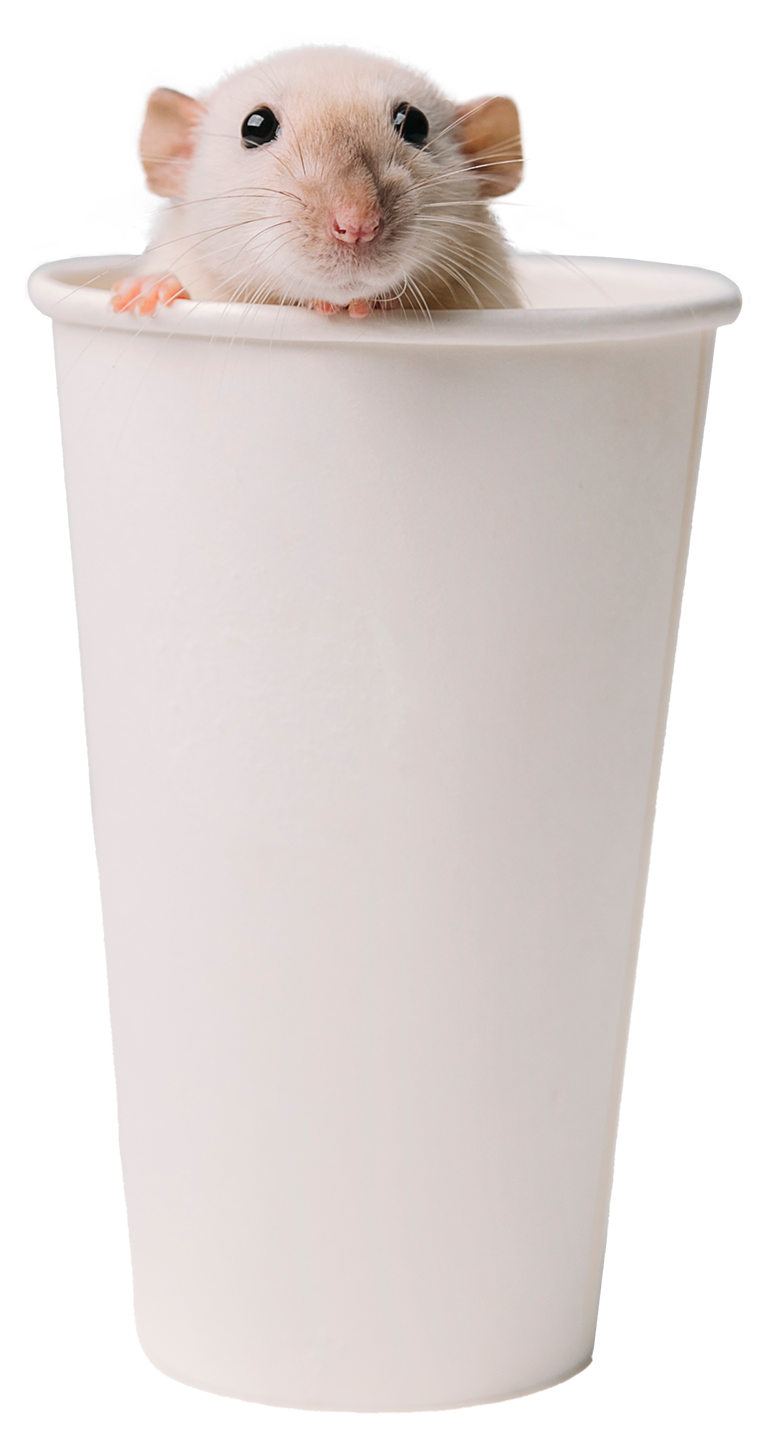AI deciphers problem solving in mice
Study’s findings deepen understanding of how the brain works
Humans and animals solve new problems by using previously learnt skills. How the brain performs such complex tasks is not fully understood. A study by Nanyang Asst Prof Hiroshi Makino from NTU’s Lee Kong Chian School of Medicine sheds light on this by showing that the brain combines skills and knowledge previously acquired to tackle new issues. This was demonstrated through behavioural experiments with mice and theoretical analyses of models constructed with artificial intelligence (AI). The rodents were trained to move an object towards a destination using a joystick and received water as a reward if successful. The mice were then trained to lick a waterspout that dispensed water when they moved it to a correct location. The mice were subsequently challenged with a combination of these tasks – using a joystick to move the waterspout to a specific destination and lick it to get their water reward. Analysing the neural activity of the mice and the AI models, Asst Prof Makino found how the mice managed to combine the learnt skills. “This enhances our understanding of how the brain learns and could also help us improve AI models in the future,” says Asst Prof Makino. --- Find out more about the study "Arithmetic value representation for hierarchical behavior composition" in Nature Neuroscience (2022), DOI: 10.1038/s41593-022-01211-5. The article appeared first in NTU's research & innovation magazine Pushing Frontiers (issue #22, August 2023). |  |

-and-dr-dorrain-low-from-ntu-singapore's-lkcmedicine.tmb-listing.jpg?Culture=en&sfvrsn=b389b500_1)
.tmb-listing.jpg?Culture=en&sfvrsn=82921582_1)


.tmb-listing.jpg?Culture=en&sfvrsn=ba129532_1)
